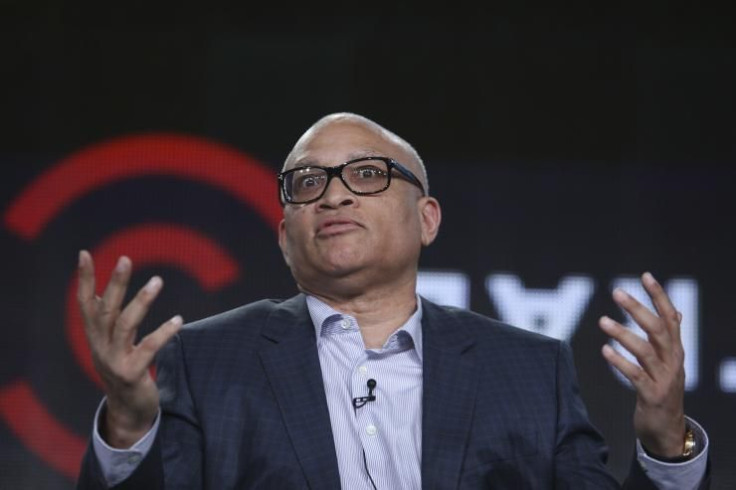Trevor Noah ‘Daily Show’ Debut: Stakes Are High For Comedy Central, And Even Higher For Ratings-Challenged Viacom

It’s difficult to overstate just how important Trevor Noah’s Monday night debut is for Viacom Inc. and for the fake-newscast genre pioneered by Viacom’s Comedy Central. At this time last year, Comedy Central ruled that genre: The hourlong block of Jon Stewart’s “Daily Show” and Stephen Colbert’s “Colbert Report” dominated the millennial demographic that has proven so elusive for TV programmers over the last few years. And both shows continued to make waves the morning after they aired, with sharable video segments spreading across YouTube and every corner of the social web.
Everyone, it seemed, loved to talk about Stewart or Colbert’s latest viral screeds.
Fast forward one year and the late-night landscape is so different it’s barely recognizable. Stewart is retired. Colbert left Comedy Central for CBS, and his replacement, Larry Wilmore, is struggling to attract an audience -- let alone viral-video fan base. If Comedy Central has any hope of getting back into the conversation, it’s going to need a savior. And Trevor Noah, an untested, relatively unknown standup comic from South Africa, looks like the network’s best chance. (No pressure, Trevor.)
To underscore the extent to which Viacom is hoping to spread the word about Noah, the company said Friday that it would simulcast “The Daily Show” premiere across all major Viacom Media Networks, including MTV, VH1, Spike, BET, Nick at Nite and TV Land, in addition to Comedy Central.
It’s a strategy the company tried last month with the Video Music Awards, one of MTV’s most-watched telecasts, but the results were mixed. While the popular event set a record for Twitter chatter, traditional TV viewership still dropped to 9.8 million people from 10.3 million the year before. This despite the fact that it was simulcast on 10 Viacom networks.
Viacom At A Crossroads
Given the increasing competition in late-night TV -- and the ongoing ratings struggles across the cable ecosphere -- there is a good chance Noah’s “Daily Show” will never pull in an audience the size of his predecessor, who attracted 2.5 million viewers a night at his peak. The diminished value of the “Daily Show” brand would certainly be a blow for Comedy Central, but for Viacom, there’s even more at stake.
More than any other major media company, Viacom has felt the effects of the habitual shift that has younger viewers rejecting the traditional pay-TV model in exchange for on-demand video, streaming services and video games. Although media executives have been trying to characterize the cord-cutting trend as “overblown,” the record subscriber losses experienced by cable and satellite companies during the most recent fiscal quarter were not a fluke; they were the latest indication that the industry is in secular decline.

Viacom is particularly vulnerable to this shift because some of its key brands -- MTV, Nickelodeon, Comedy Central -- are aimed at younger viewers, the very demographic now propelling the cord-cutting trend. As MoffettNathanson pointed out in an August research note, Viacom’s networks suffered total-day ratings declines of 17 percent from June 2014 - July 2015. That put it tied for last place with A&E Networks, whose ratings also declined 17 percent during the period.
The picture is even worse when you look at absolute viewers: Viacom networks lost a total of 269,000 viewers during the period, far more than any other channel group, according to MoffettNathanson senior analyst Michael Nathanson.
Nathanson said the issue has been described as “all structural” because Viacom’s core business model is looking increasingly irreconcilable: How do you make TV shows for an anti-TV generation? “Given the fact that Viacom’s cable networks are skewed toward demos which have seen the biggest declines in measured usage over the past 12 months, the ‘structural’ fears are relevant,” Nathanson wrote. “However, compounding the issue, Viacom’s networks have committed a cardinal sin by losing share in a declining market.”
Broadcasting across every Viacom-owned network, Noah will have a lot riding on his shoulders Monday -- and maybe even more as the season progresses. Like we said, no pressure.
Christopher Zara covers media and culture. News tips? Email me. Follow me on Twitter @christopherzara.
© Copyright IBTimes 2024. All rights reserved.






















